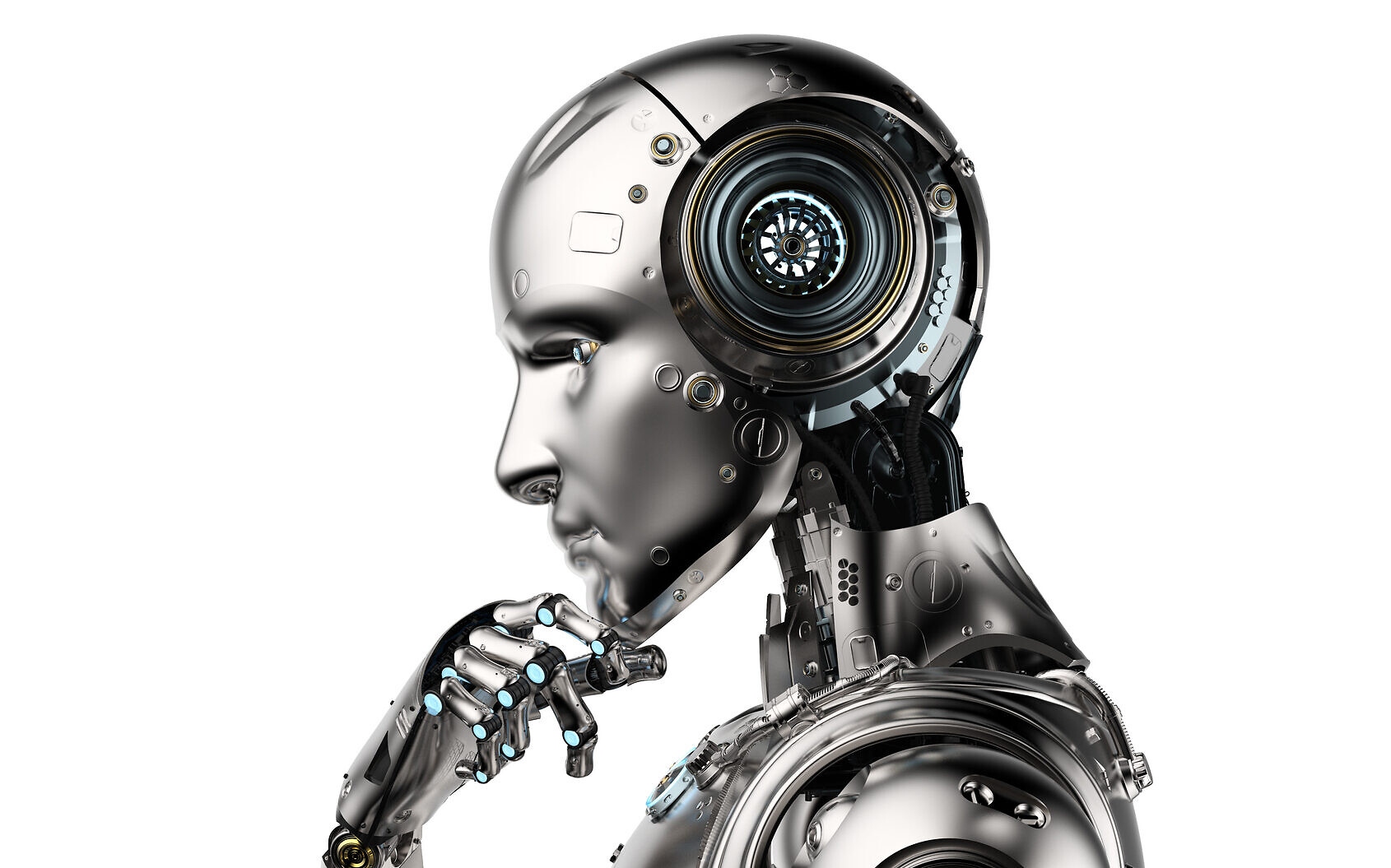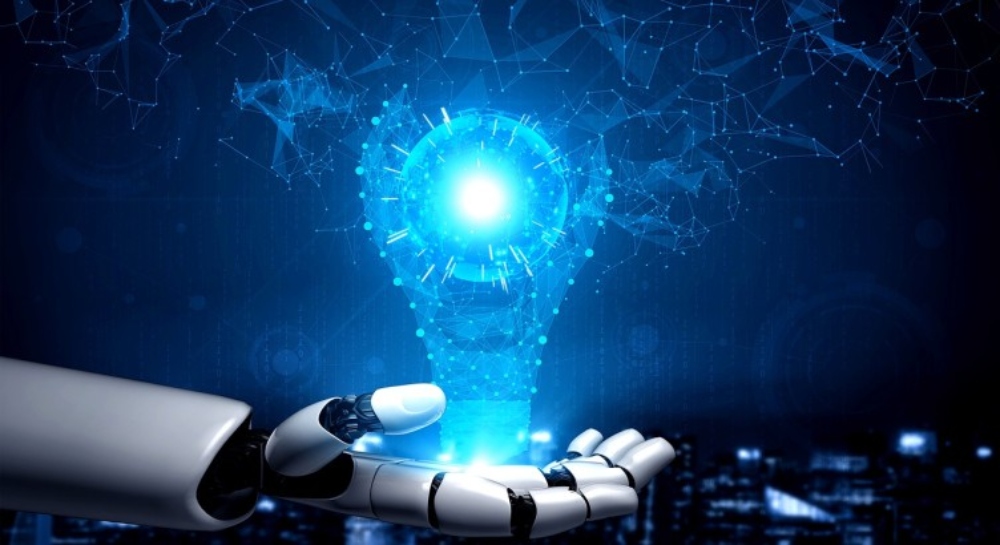Comments
- No comments found

With the advent of generative AI, content marketing is undergoing a transformative evolution.
This powerful technology is changing the way businesses create and distribute content, offering unprecedented opportunities and challenges. In this article, we'll explore the impact of generative AI on content marketing and how businesses can harness its potential to thrive in the digital landscape.

Generative AI, powered by advanced machine learning algorithms, has come a long way since its inception. Today, it can generate human-like text, images, videos, and even code. This breakthrough technology has the potential to disrupt multiple industries, and content marketing is no exception.
One of the most significant advantages of generative AI is its ability to automate content creation. In the past, creating high-quality content was a time-consuming and resource-intensive process. With generative AI, businesses can now produce vast amounts of content quickly and efficiently. From blog posts and product descriptions to social media updates, AI-generated content is becoming increasingly prevalent.
Personalization has become a cornerstone of effective content marketing. Generative AI allows businesses to take personalization to the next level by creating customized content at scale. By analyzing user data and preferences, AI algorithms can generate content tailored to each individual's needs and interests. This level of personalization can significantly enhance user engagement and conversion rates.
AI is often perceived as a threat to human creativity, but it can also be a powerful tool for enhancing creative processes. Content creators can use AI-generated content as a source of inspiration, helping them brainstorm new ideas and approaches. AI can analyze vast amounts of data to identify emerging trends and consumer preferences, providing valuable insights for content strategy.
Generative AI can also play a crucial role in optimizing content for search engines and user experience. AI algorithms can analyze keywords, readability, and SEO best practices to ensure that content ranks well in search results. Additionally, AI-driven tools can help identify and fix issues with grammar, spelling, and readability, ensuring that content is polished and professional.

While generative AI offers numerous benefits, it also presents challenges and ethical considerations. Businesses must be cautious when using AI-generated content to ensure that it aligns with their brand voice and values. The potential for AI to spread misinformation or biased content is a significant concern that must be addressed.
While the integration of generative AI in content marketing offers promising advantages, it is not without its challenges and ethical considerations. These factors require careful consideration to ensure that businesses use AI responsibly and maintain the integrity of their brand and content.
One of the primary challenges with generative AI is ensuring the quality and accuracy of the content it produces. While AI can generate content quickly, it may not always meet the standards of excellence that businesses aim to maintain. Content that lacks coherence, relevance, or originality can damage a brand's reputation and erode consumer trust.
Maintaining a consistent brand voice and style is crucial for brand recognition and loyalty. Generative AI may struggle to capture the nuanced tone and personality that businesses have carefully cultivated. Ensuring that AI-generated content aligns with the brand's values and messaging requires ongoing oversight and refinement.
AI algorithms learn from the data they are trained on, and this data can sometimes contain biases or inaccuracies. Generative AI has the potential to generate content that spreads misinformation, reinforces stereotypes, or exhibits unintended bias. Businesses must implement safeguards and review mechanisms to prevent the dissemination of harmful or misleading information.
AI-generated content can inadvertently produce text that closely resembles existing copyrighted material or duplicate content from other sources. This raises concerns about plagiarism and intellectual property violations. Content creators must use AI responsibly and ensure that the content it generates is original and properly cited when drawing from external sources.
While AI can automate content creation, it may lack the emotional intelligence and empathy associated with human-authored content. Personalized content often relies on emotional resonance and understanding, which AI may struggle to replicate. Businesses must find ways to infuse AI-generated content with a human touch to connect with their audience authentically.
To personalize content, AI relies on user data, raising privacy and data security concerns. Collecting, storing, and processing user information must comply with data protection regulations and prioritize user consent and transparency. Businesses must also guard against data breaches and cyber threats that could compromise sensitive user data.
The use of AI in content marketing may be subject to evolving legal and regulatory frameworks. Staying compliant with these regulations, such as copyright laws, data protection regulations, and advertising standards, is essential. Failure to do so can result in legal consequences and reputational damage.
The automation of content creation through generative AI may raise concerns about job displacement within the content marketing industry. While AI can handle repetitive tasks, it should ideally complement human content creators rather than replace them. Businesses should invest in upskilling and training their workforce to work alongside AI technologies effectively.

Despite the capabilities of generative AI, the human touch remains essential in content marketing. AI can assist and augment human creativity, but it cannot fully replace it. Content should continue to reflect the unique perspectives, values, and creativity of human creators. Businesses should strike a balance between AI-generated content and content crafted by human experts.
Generative AI is revolutionizing content marketing by automating content creation, enabling personalized content at scale, enhancing creativity, and optimizing content for search and user experience. While AI offers immense potential, businesses must use it responsibly and in conjunction with human creativity to ensure the highest quality content.
In the generative AI era, successful content marketing will require a combination of AI-driven automation and the unique insights and creativity of human content creators. By embracing this new paradigm, businesses can stay competitive and deliver exceptional content experiences to their audiences in the digital age.
Leave your comments
Post comment as a guest